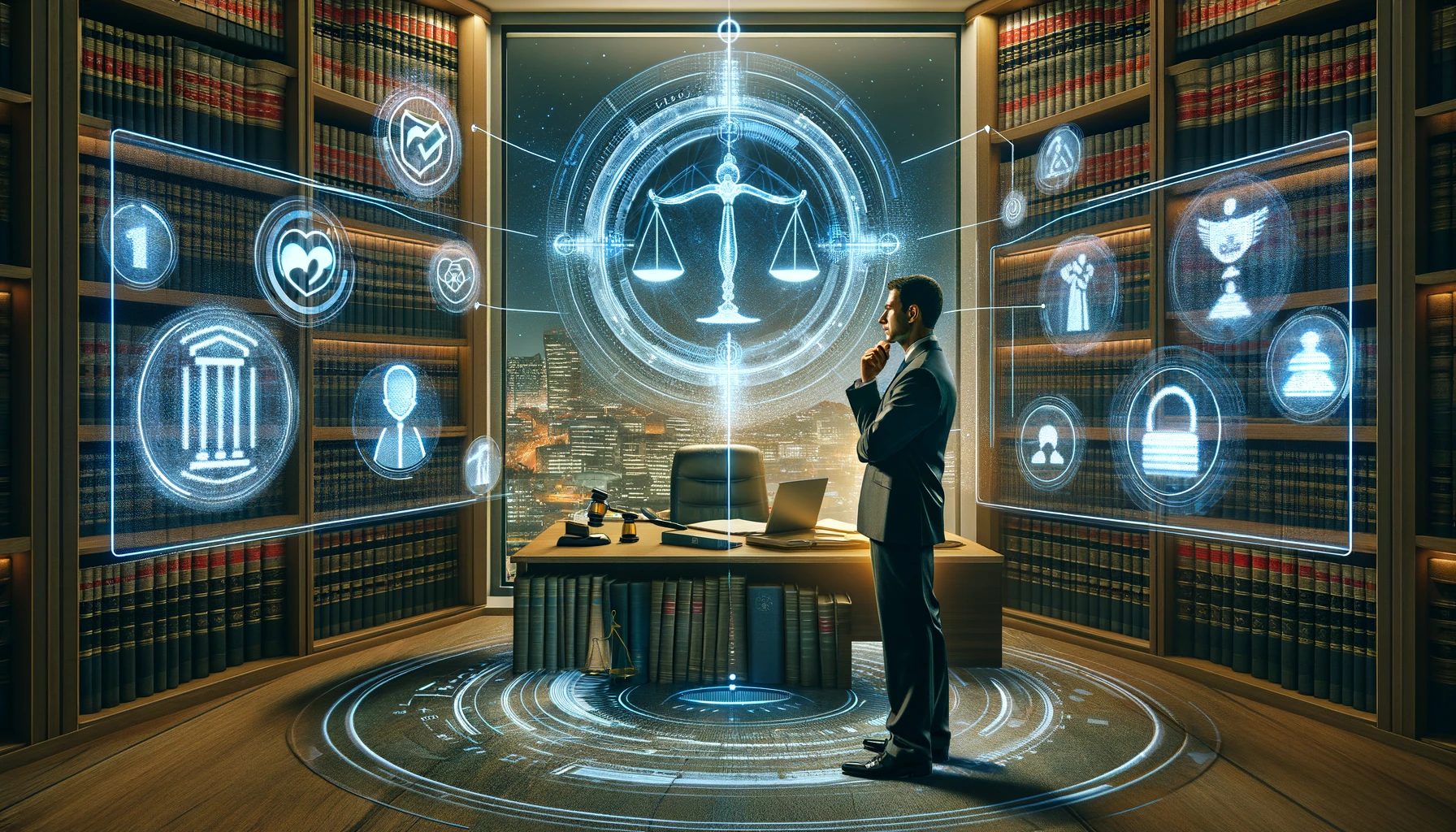
New capabilities and applications of AI will dramatically change the legal profession in the years to come. History has shown that even if powerful new technologies fail to immediately revolutionize the world, their eventual influence can be transformative and ubiquitous. A potent example of this is the Internet, which had minimal effect in its infancy but now reaches every facet of our lives. Parallel examples can be found wherever we look – from the first printing press to the first telephone, to every breakthrough technology in between. AI will have a similarly transformative effect on our world.
In the legal industry, AI has the potential to increase efficiency, which will likely reduce fees and democratize legal access. This powerful technology also has the potential to replace the vast majority of lawyers in the decades to come. In the shorter term, AI implicates lawyers’ ethical duties.
The American Bar Association’s Model Rules of Professional Conduct is the American lawyer’s legal ethics guide. The following are among the duties most impacted by the advent of AI and its eventual integration in the legal profession: the duties to be (1) competent, (2) to maintain confidentiality and legal professional privilege, and (3) to remain independent.[1] On the other end of the spectrum, there is also growing concern about AI increasing the prevalence of the unauthorized practice of law due to its relatively low barrier to access and its potential to deceive non-lawyers into thinking that AI is a ready substitute for a lawyer’s expertise.[2]
This discussion will focus specifically on a lawyer's duty of competence. Rule 1.1 of the ABA’s Model Rules of Professional Conduct states as follows: “A lawyer shall provide competent representation to a client. Competent representation requires the legal knowledge, skill, thoroughness and preparation reasonably necessary for the representation.”[3] By reading this rule alone, it might not sound like a lawyer’s use of AI and the duty of competence are linked, but let’s also examine Comment 8 to Rule 1.1, which deals with maintaining competence: “To maintain the requisite knowledge and skill, a lawyer should keep abreast of changes in the law and its practice, including the benefits and risks associated with relevant technology, engage in continuing study and education and comply with all continuing legal education requirements to which the lawyer is subject.”[3]
And now the connection becomes clear.
Some lawyers have already demonstrated an overeager enthusiasm for AI in their respective legal practices – the most famous instance to date being a New York lawyer who submitted a motion drafted entirely by ChatGPT, which actually fabricated the cited case law.[4] The lawyer was later sanctioned. Despite this, if lawyers are to meet their ethical duty of competence, incorporating AI into their practices is not only going to be commendable, rather it will be mandatory – much like being competent today requires the ability to use the internet, a printer, and a phone to communicate. Once these technologies are readily available to lawyers, the refusal to learn about them and how to capably leverage their use is tantamount to incompetence.
Since we will likely have an explicit obligation in the coming years to embrace AI as an essential tool in legal practice, we also have to be mindful about the extent to which we cede some of our duties to AI. How we will define the outer bounds of AI’s role and how much of an active role lawyers will need to take in order not to breach their other ethical duties will be some of the many difficult questions that the legal profession will need to confront.
